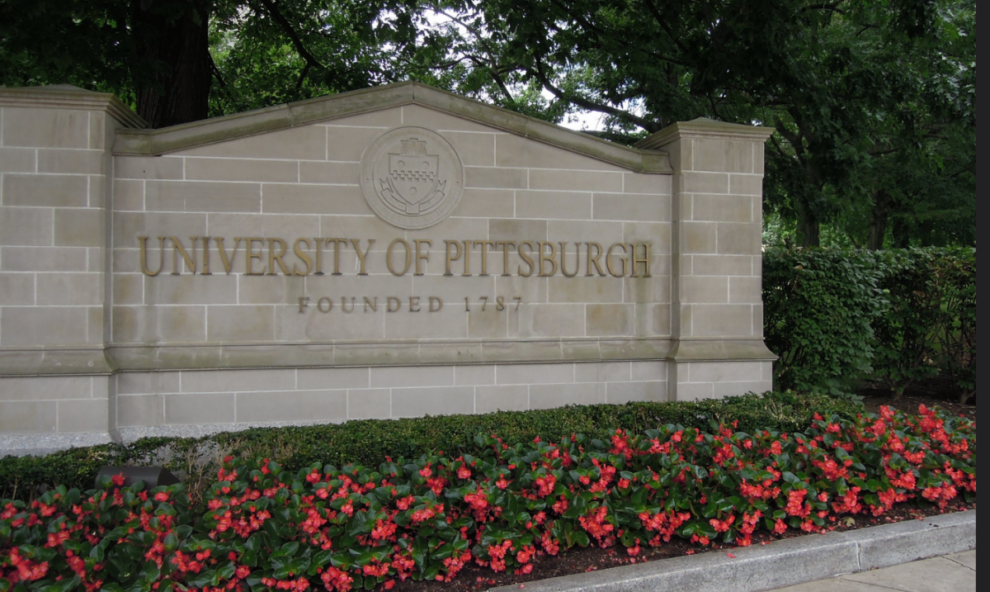Additionally, two bipartisan bills passed, one to tie aid for the University of Pittsburgh to performance-based metrics and another would establish a task force to review the higher education and career preparation programs in the state.
Senate Republicans tout their plan, “Grow PA”, and its incentives as a way to encourage young people to “get degrees here, get jobs here, and put down roots [here],” in the words of Sen. Scott Martin (R-Lancaster).
The series of legislation comes on the heels of a budget proposal from Gov. Josh Shapiro (D) that sought to comprehensively overhaul the system. That budget and higher education plan were released in February and included a goal of capping the cost of education for in-state students at $1,000 per semester alongside consolidations of the governing structures for the state higher education system. The plan received criticism from Republicans for being too vague.
Currently, Pennsylvania owns and operates ten universities in the Pennsylvania State System of Higher Education (PASSHE), where annual tuition averages about $7,700 and the total cost of attending a school on-campus is nearly $23,000 per year. There are also four state-related universities, including University of Pittsburgh, where annual tuition averages $18,650 and the total cost is as much as $40,000 inclusive of room and board. Government support, through tuition grants for students and subsidies to the schools, totals about $2 billion annually.
Governor Shapiro expressed optimism around the Senate-passed legislation, saying, “I think what you’re seeing in the Senate is a willingness in trying to address the fact that we’re 49th in the nation when it comes to higher ed – and no one should think that is acceptable.”











